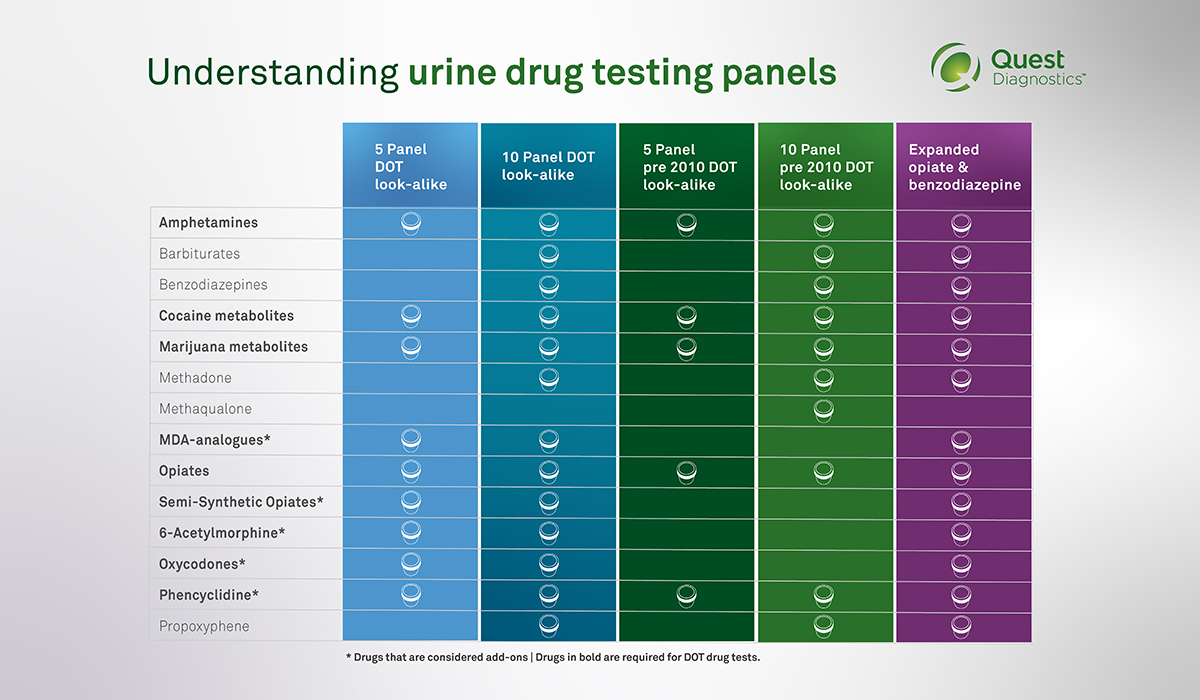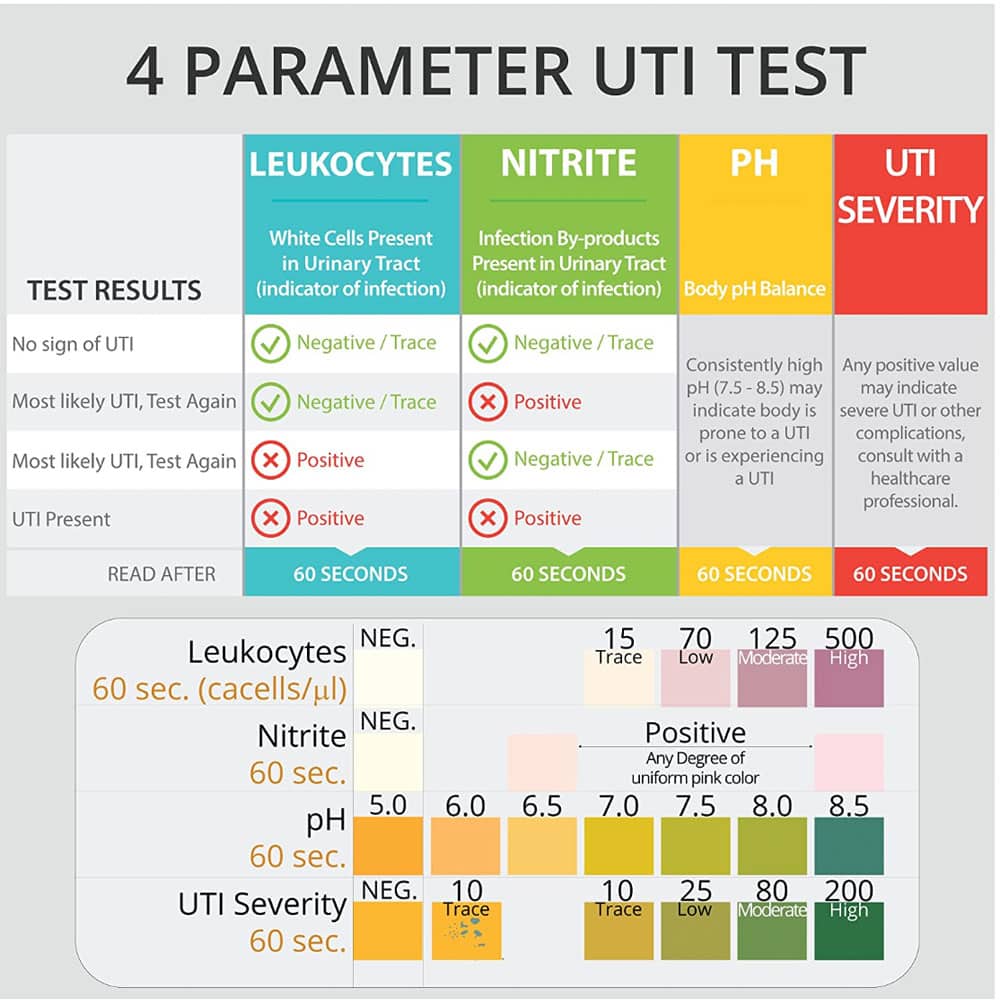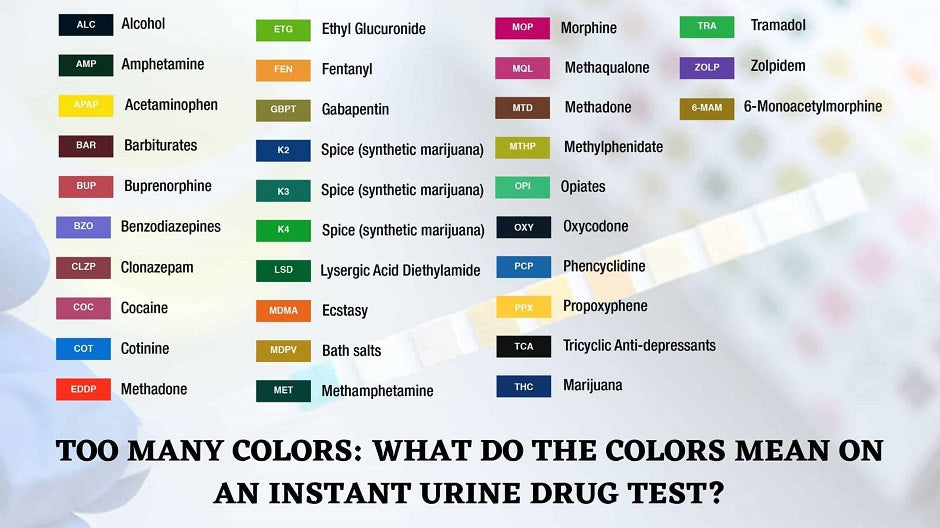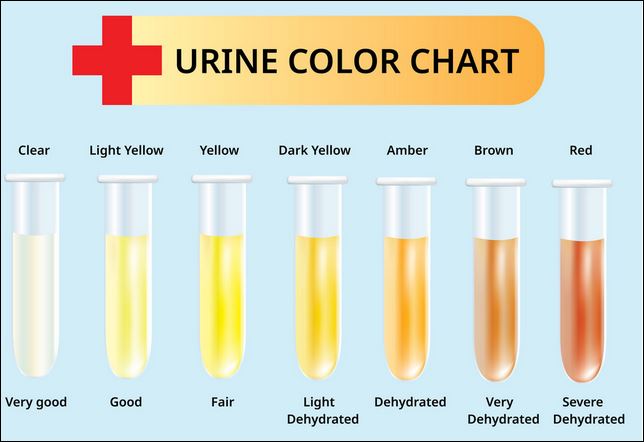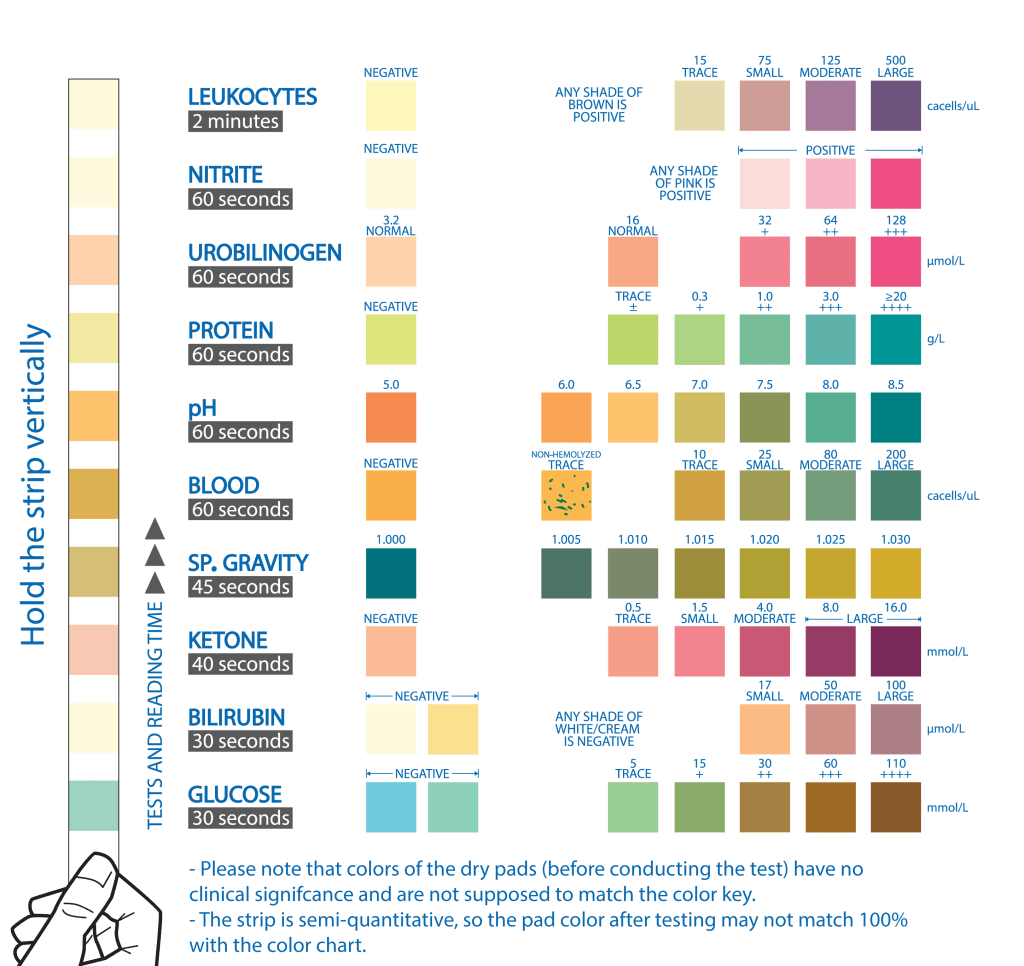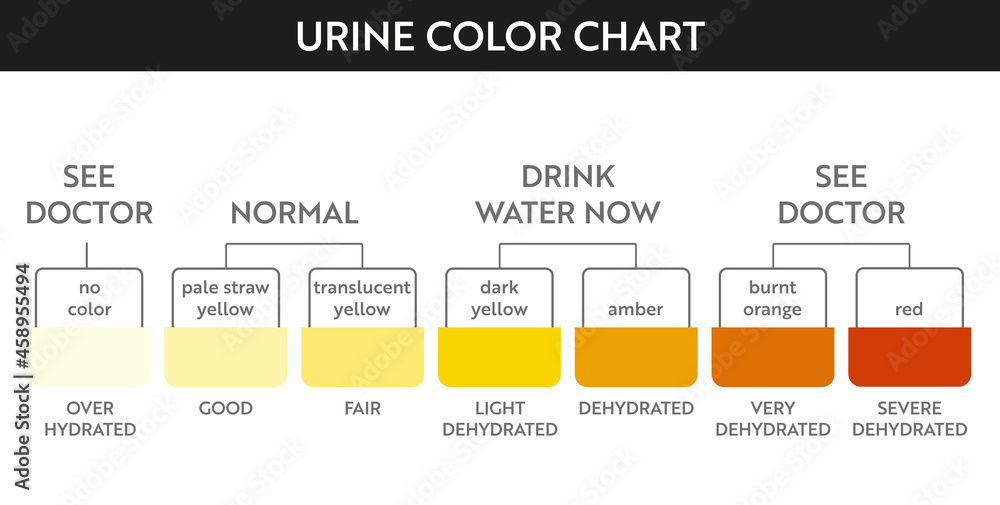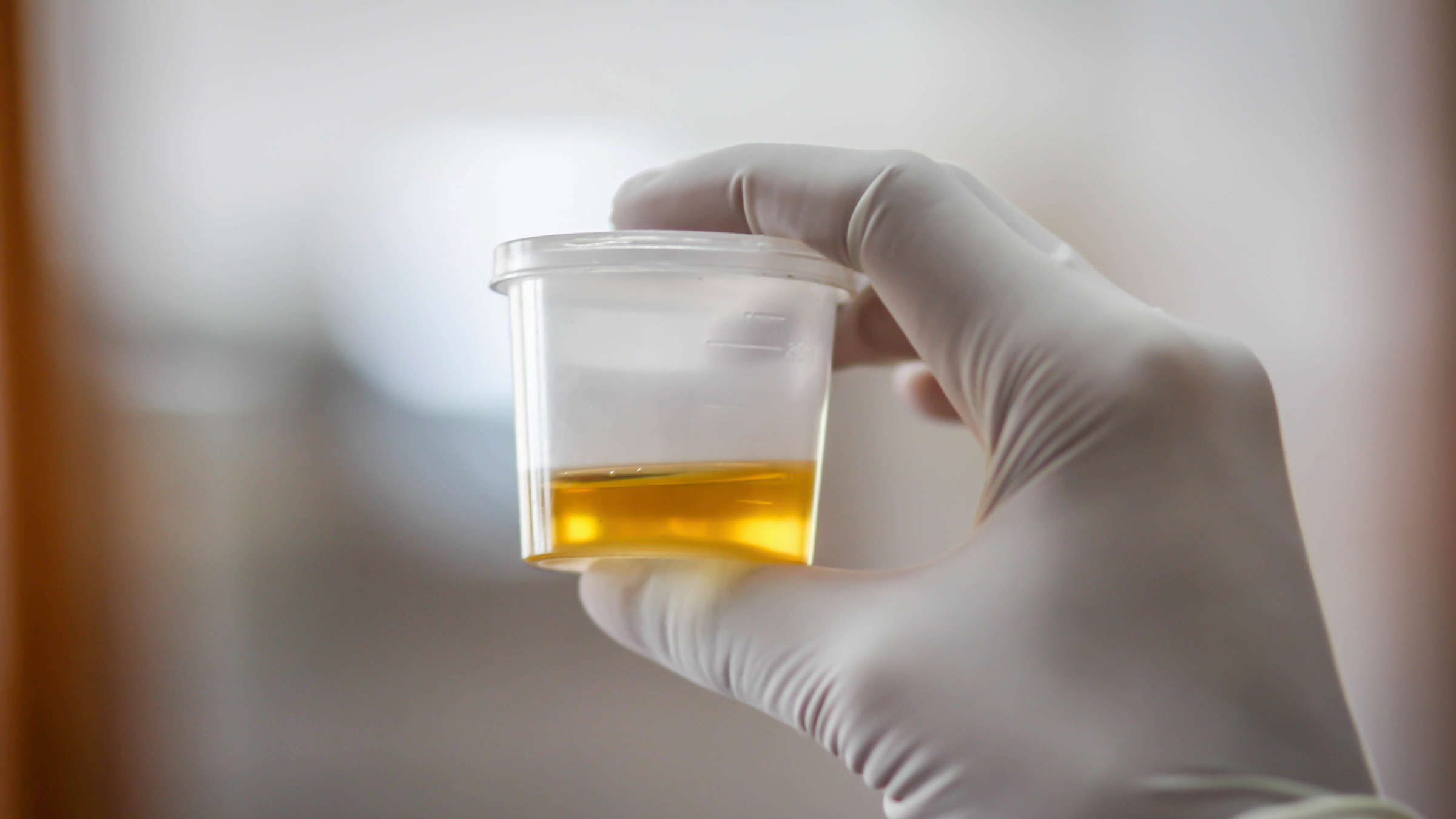Does Delta 8 Show On Urine Test

The rising popularity of Delta 8 THC, a psychoactive cannabinoid found in the cannabis plant, has led to increased scrutiny regarding its detectability in drug screenings. With employers and legal systems relying on urine tests to identify drug use, the question of whether Delta 8 triggers a positive result is a significant concern for many.
This article examines the science behind urine drug tests and how they interact with Delta 8 metabolites, providing clarity on the likelihood of a positive result and the implications for individuals subject to drug screening.
Understanding Delta 8 and Drug Testing
Delta 8 THC is an isomer of Delta 9 THC, the primary psychoactive component of cannabis. Both substances produce similar effects, although Delta 8 is generally considered less potent.
Drug tests, particularly urine tests, do not screen for Delta 8 THC or Delta 9 THC directly. Instead, they look for the presence of THC-COOH, a metabolite produced by the body after consuming any form of THC.
The crucial point is that both Delta 8 and Delta 9 THC metabolize into the same THC-COOH metabolite. This shared metabolic pathway is the reason for the confusion and the potential for positive results.
The Science Behind Urine Drug Tests
Urine drug tests typically use an immunoassay method for initial screening. This method involves antibodies that bind to specific substances, in this case, THC-COOH.
If THC-COOH is present in the urine sample above a certain threshold (usually 50 ng/mL), the test will flag a presumptive positive.
Presumptive positive samples are then usually confirmed using a more sensitive and specific method called gas chromatography-mass spectrometry (GC-MS) or liquid chromatography-mass spectrometry (LC-MS). These methods can identify and quantify specific substances with greater accuracy.
Delta 8 and the Likelihood of a Positive Result
Because Delta 8 THC metabolizes into the same THC-COOH metabolite as Delta 9 THC, it is highly likely that consuming Delta 8 will result in a positive urine drug test.
The confirmation test will not be able to distinguish whether the THC-COOH came from Delta 8 or Delta 9 consumption.
Factors influencing the likelihood of a positive result include the frequency of Delta 8 use, the dosage consumed, the individual's metabolism, and the sensitivity of the drug test.
Factors Influencing Detection Time
The length of time THC-COOH remains detectable in urine varies depending on several factors.
Occasional users may test positive for only a few days, while heavy, chronic users could test positive for several weeks or even months.
Metabolism, body fat percentage, hydration levels, and exercise habits also play a role in how quickly THC-COOH is eliminated from the body.
Legal Considerations and Workplace Policies
The legal status of Delta 8 THC varies widely across different states. Some states have explicitly legalized Delta 8, while others have banned it or have ambiguous laws.
Regardless of the legal status, employers generally maintain the right to enforce drug-free workplace policies. These policies often prohibit the use of any substance that could impair job performance or safety.
Employees who test positive for THC-COOH, even if they consumed legally obtained Delta 8, could face disciplinary action, including termination.
Misleading Labeling and Product Quality
The Delta 8 market is largely unregulated, which can lead to inconsistent product quality and misleading labeling.
Some products may contain higher levels of Delta 9 THC than advertised, potentially increasing the risk of a positive drug test.
Consumers should be cautious about purchasing Delta 8 products from unregulated sources and should carefully review product labels and lab reports when available.
Recommendations and Precautions
Individuals subject to drug testing should exercise caution when considering the use of Delta 8 THC products.
It is essential to understand the potential risks associated with consuming Delta 8, including the likelihood of a positive drug test result.
Communicating with employers or legal authorities about Delta 8 use is crucial, although it may not guarantee immunity from consequences.
The Human Element
For individuals using Delta 8 for medicinal purposes, the potential for a positive drug test can create a difficult dilemma.
Some individuals may rely on Delta 8 to manage chronic pain, anxiety, or other conditions, and the prospect of losing their jobs or facing legal repercussions can be devastating.
This highlights the need for a more nuanced approach to drug testing and workplace policies that considers the potential therapeutic benefits of cannabinoids.
Conclusion
The evidence strongly suggests that Delta 8 THC consumption can lead to a positive result on urine drug tests that screen for THC-COOH.
The shared metabolic pathway of Delta 8 and Delta 9 THC makes it impossible for standard drug tests to differentiate between the two substances.
Individuals subject to drug testing should be aware of these risks and exercise caution when considering the use of Delta 8 THC products. As the legal and regulatory landscape surrounding cannabinoids continues to evolve, a deeper understanding of these issues is becoming increasingly important.
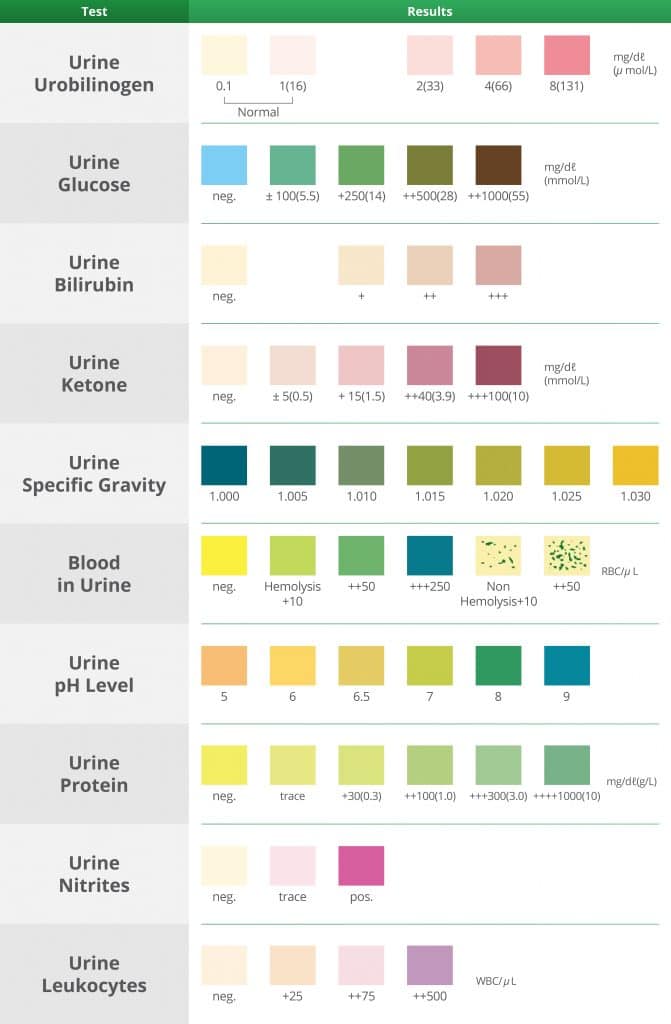
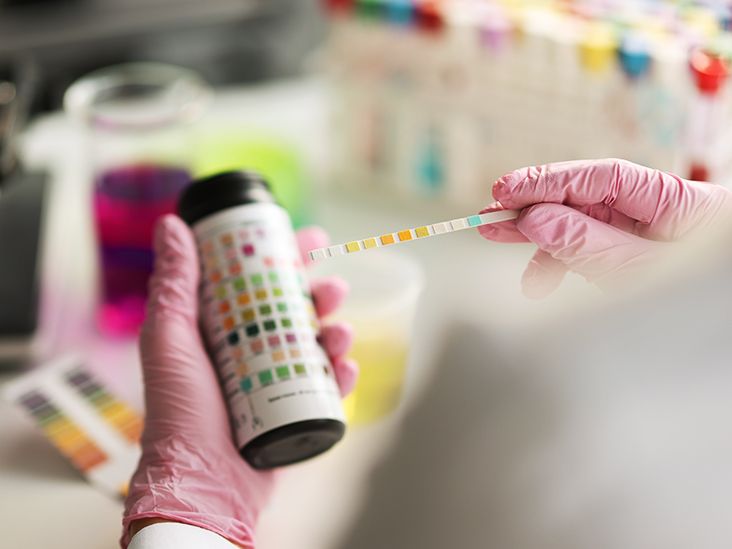

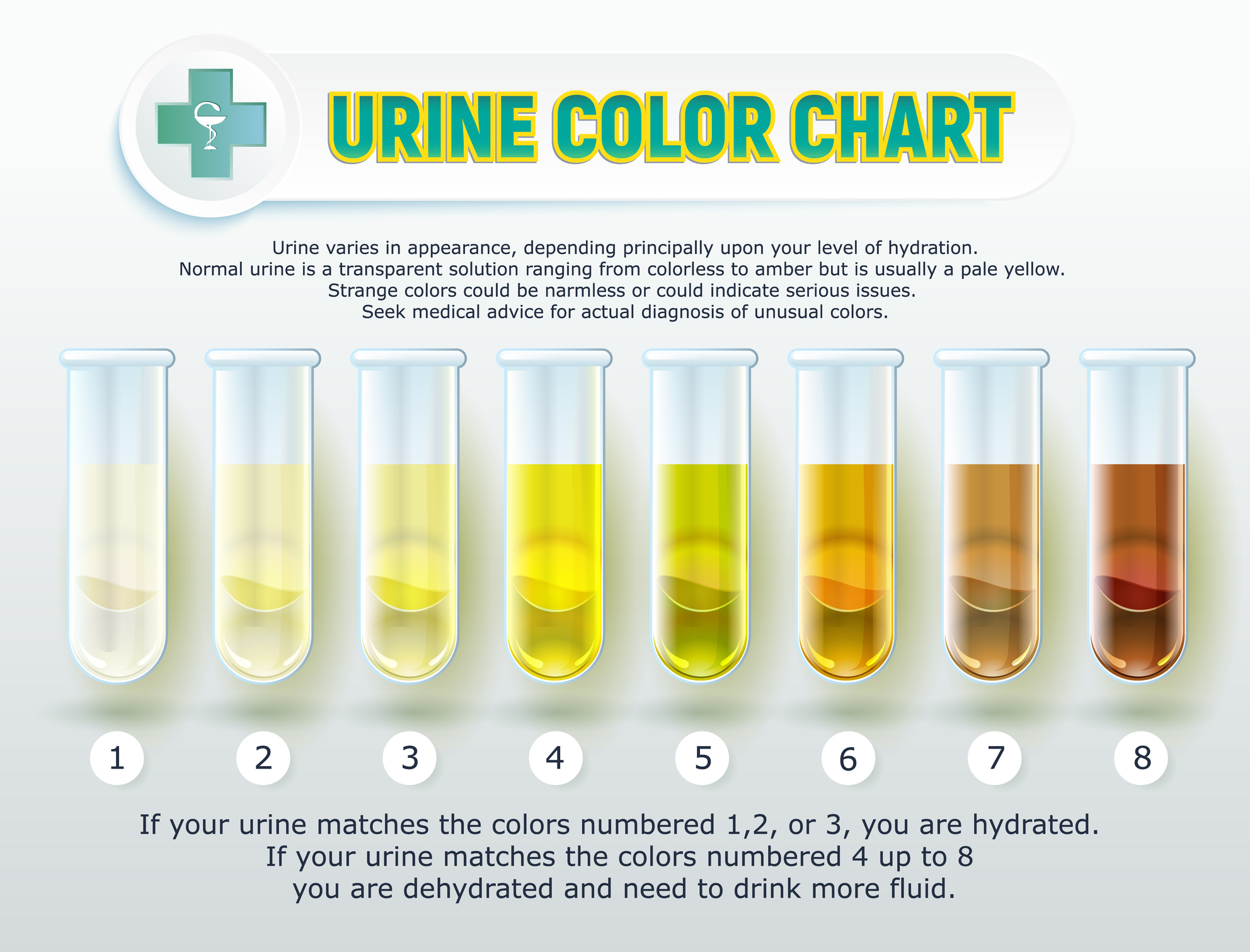


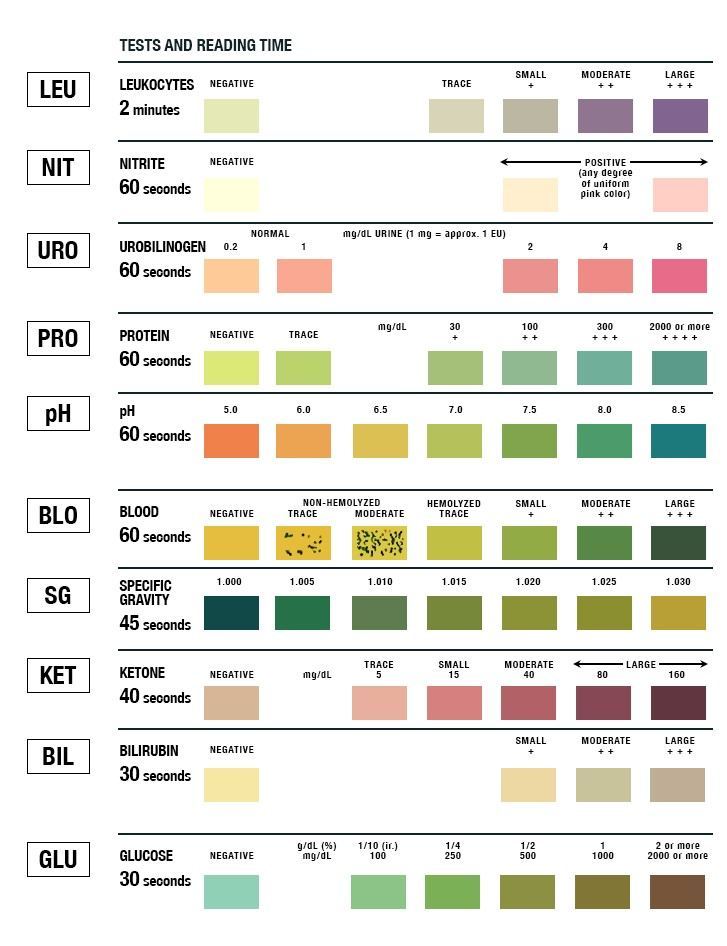
![Does Delta 8 Show On Urine Test [DIAGRAM] Diagram Of Urinalysis - MYDIAGRAM.ONLINE](https://www.jucm.com/wp-content/uploads/2020/06/Clinical-Article-Urinalysis-1140x760-2.jpg)
